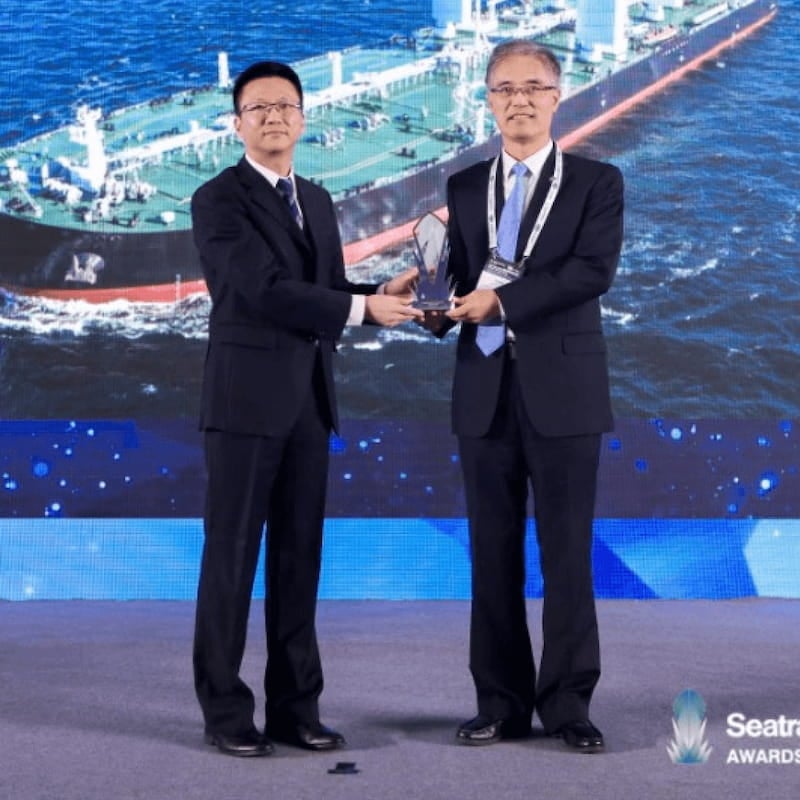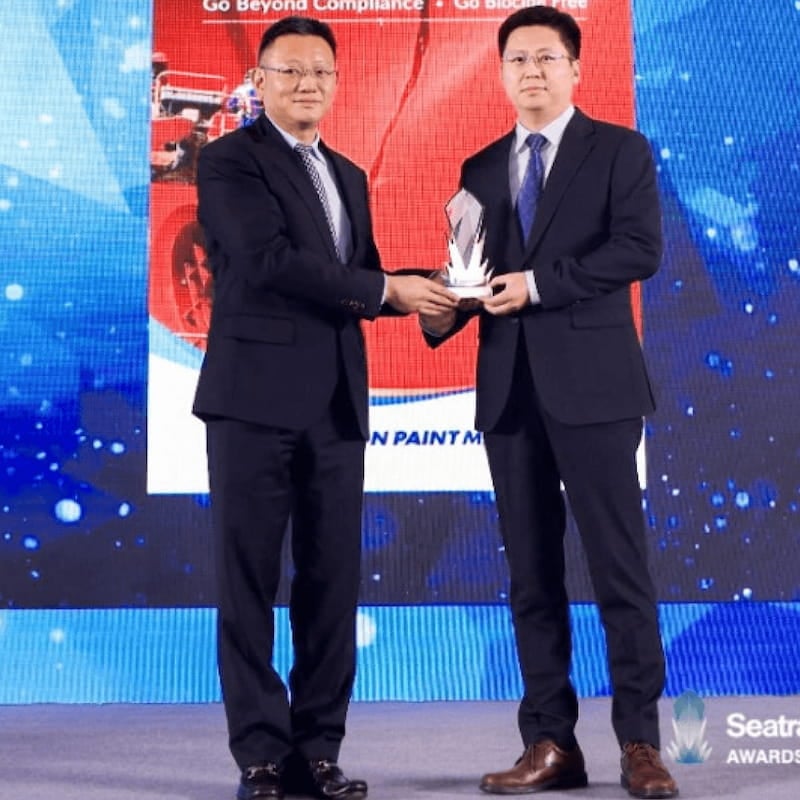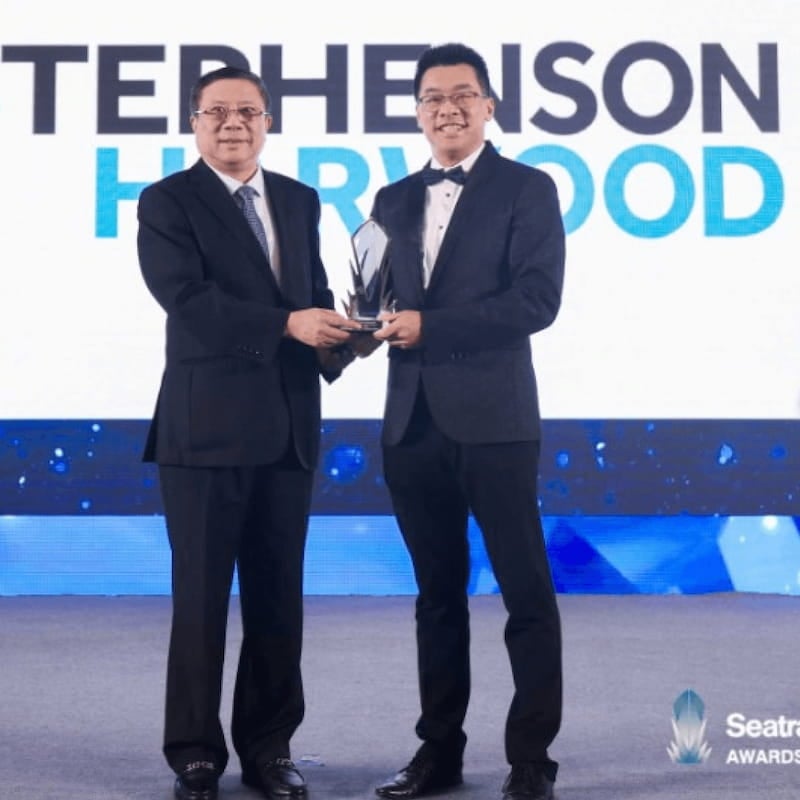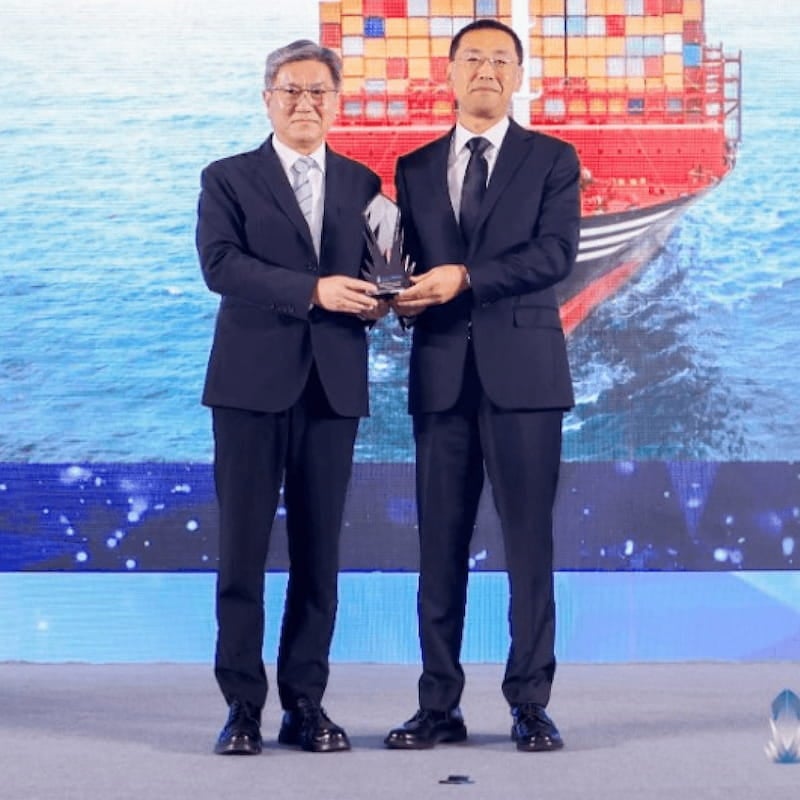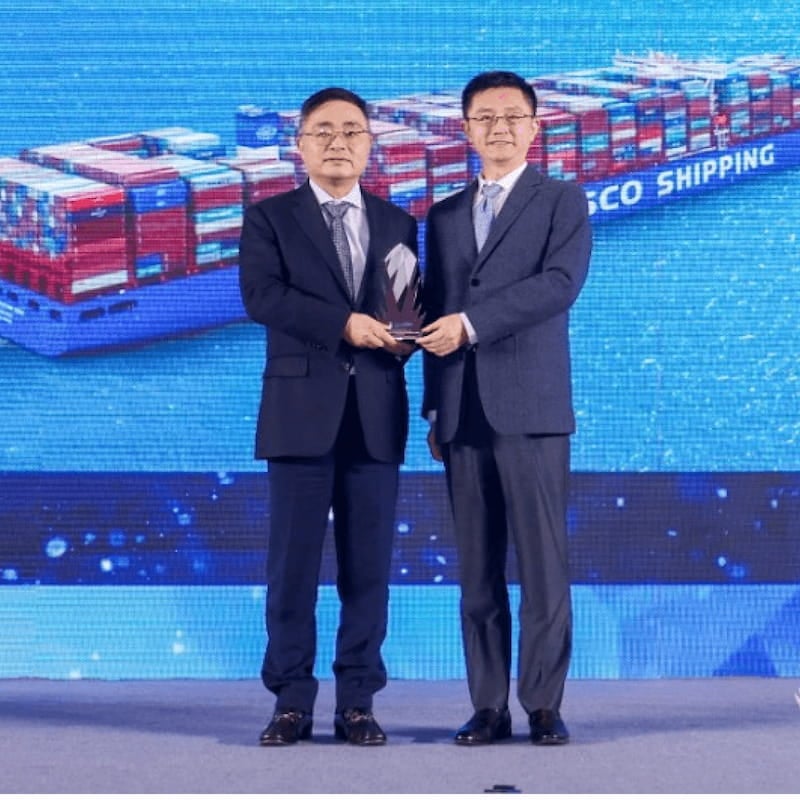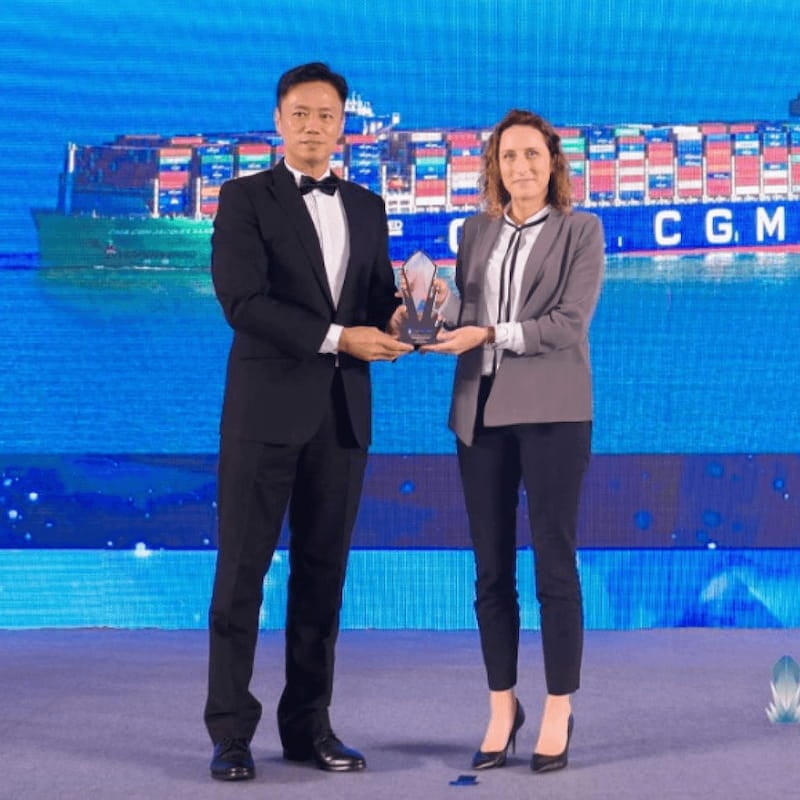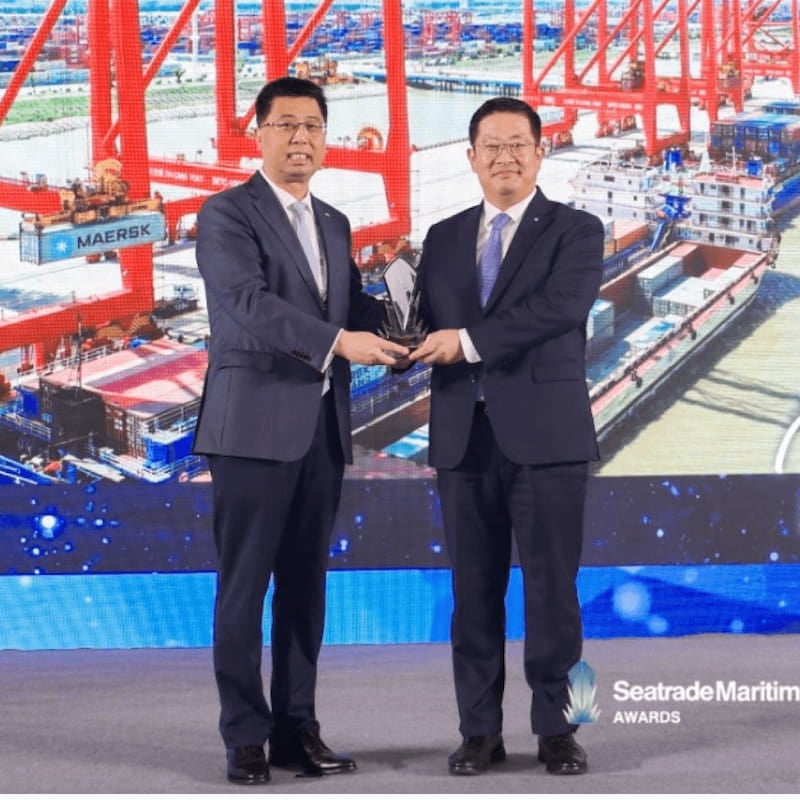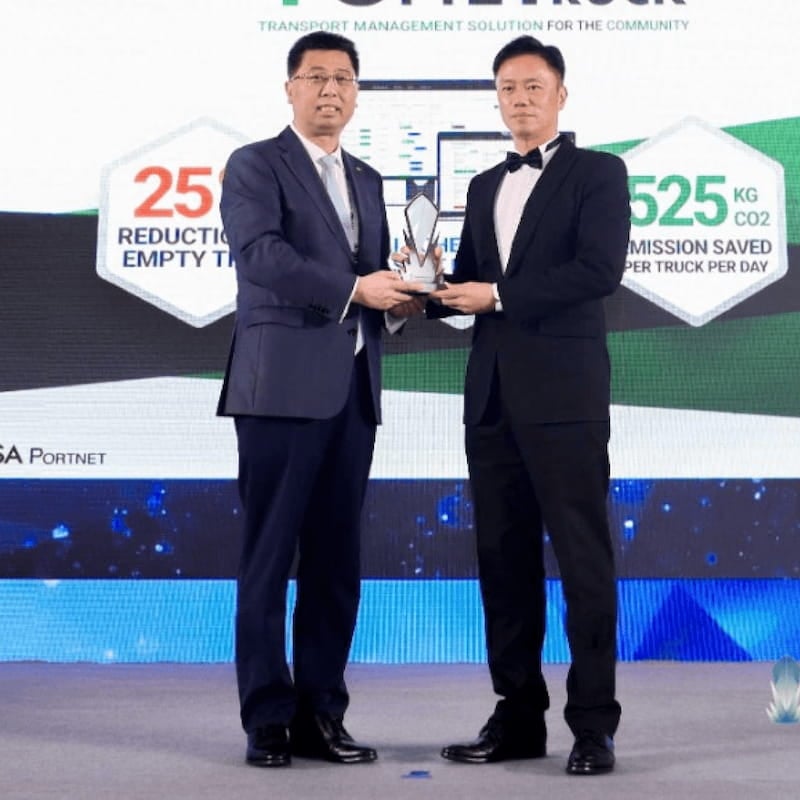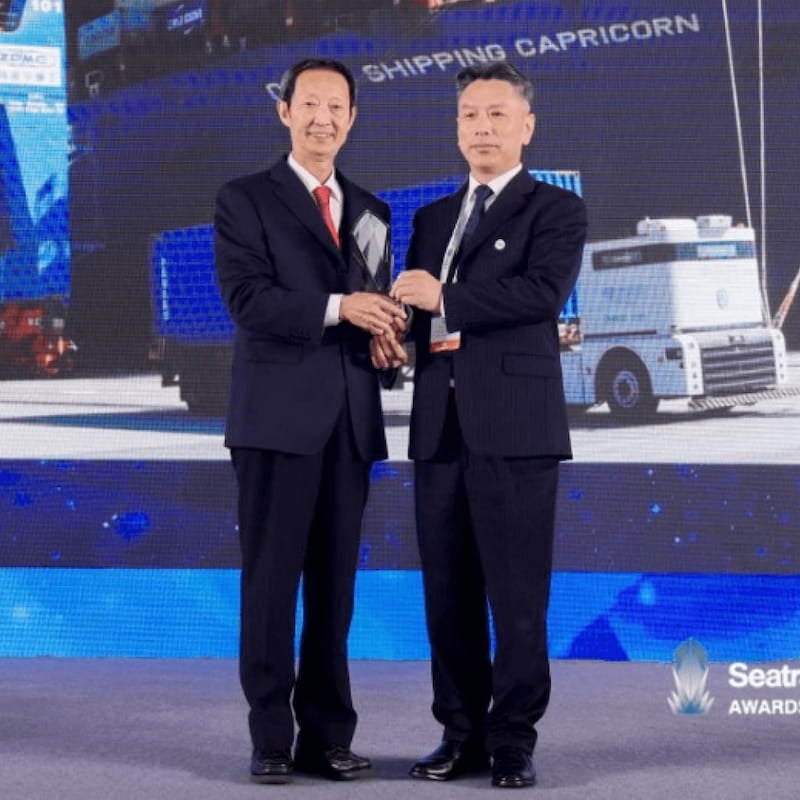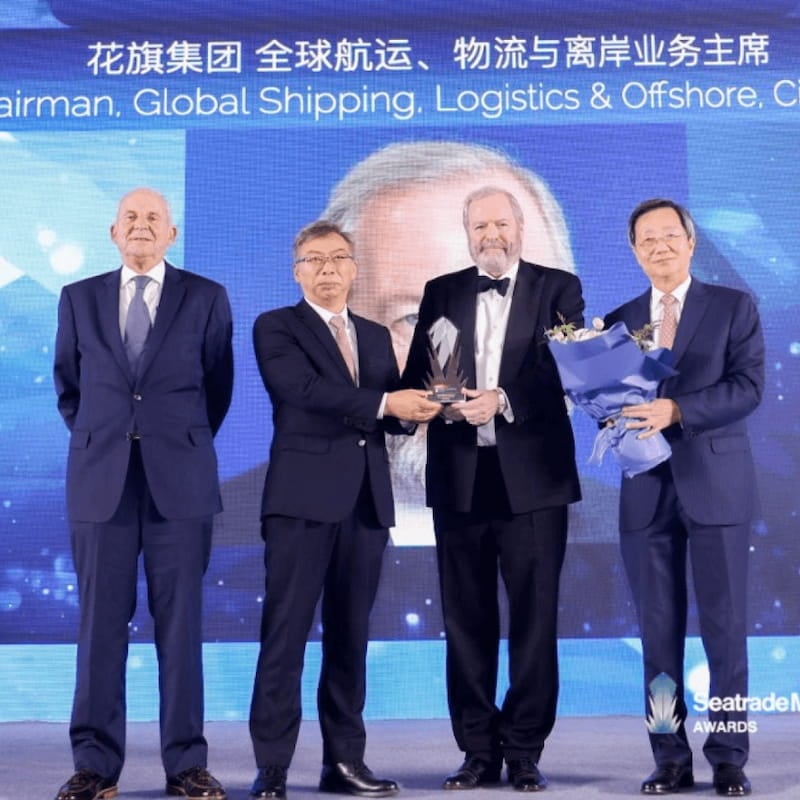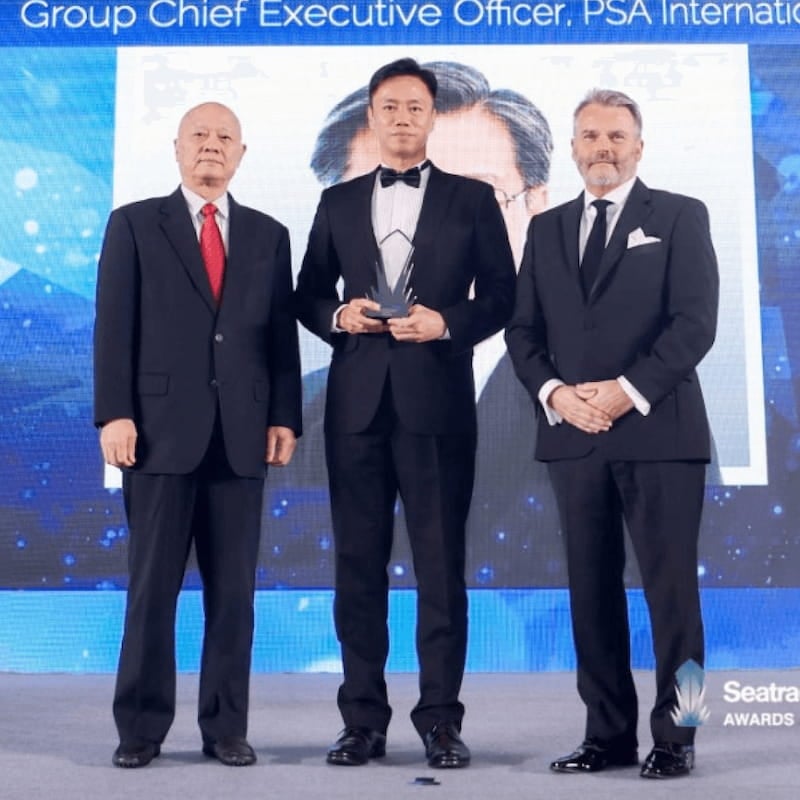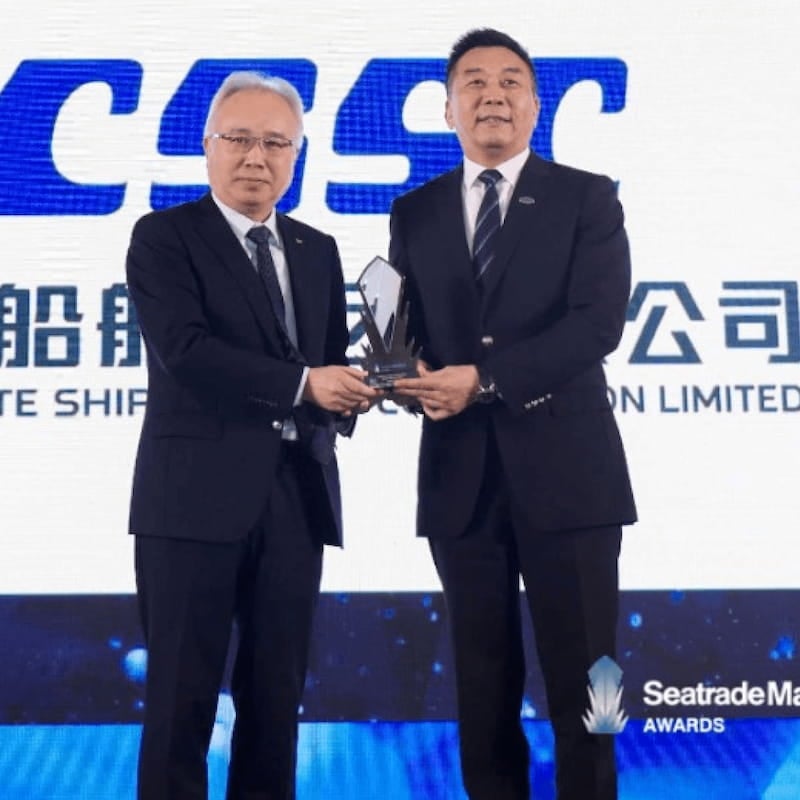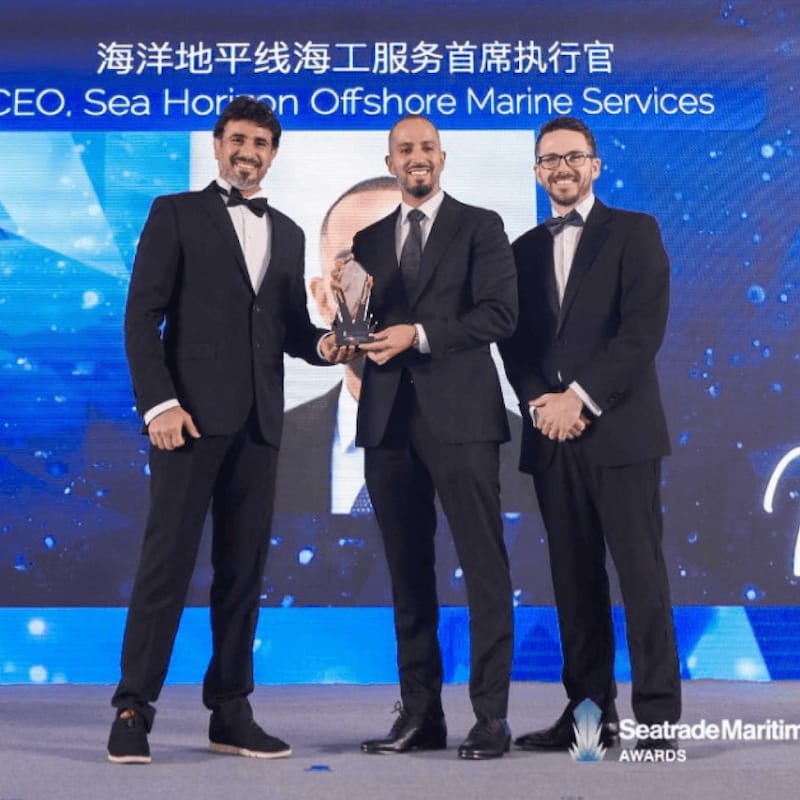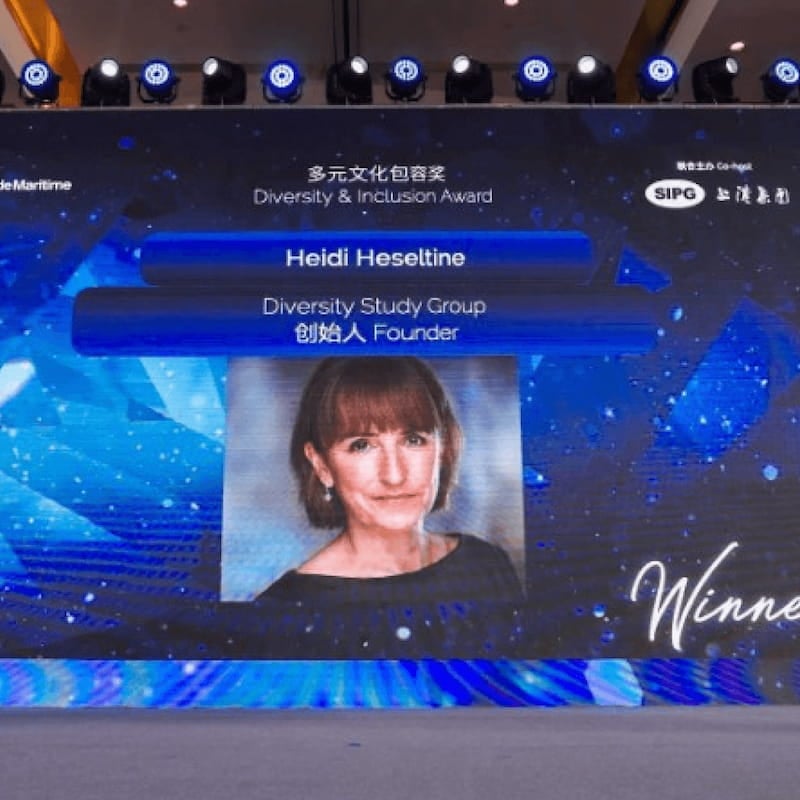This site is operated by a business or businesses owned by Informa PLC and all copyright resides with them. Informa PLC's registered office is 5 Howick Place, London SW1P 1WG. Registered in England and Wales. Number 8860726.
Seatrade Maritime has been uniting maritime professionals for over five decades. Through multi-channel events and digital platforms, we engage and create opportunities for the global supply chain 365 days a year.
Seatrade Maritime has been uniting maritime professionals for over five decades. Through multi-channel events and digital platforms, we engage and create opportunities for the global supply chain 365 days a year.
